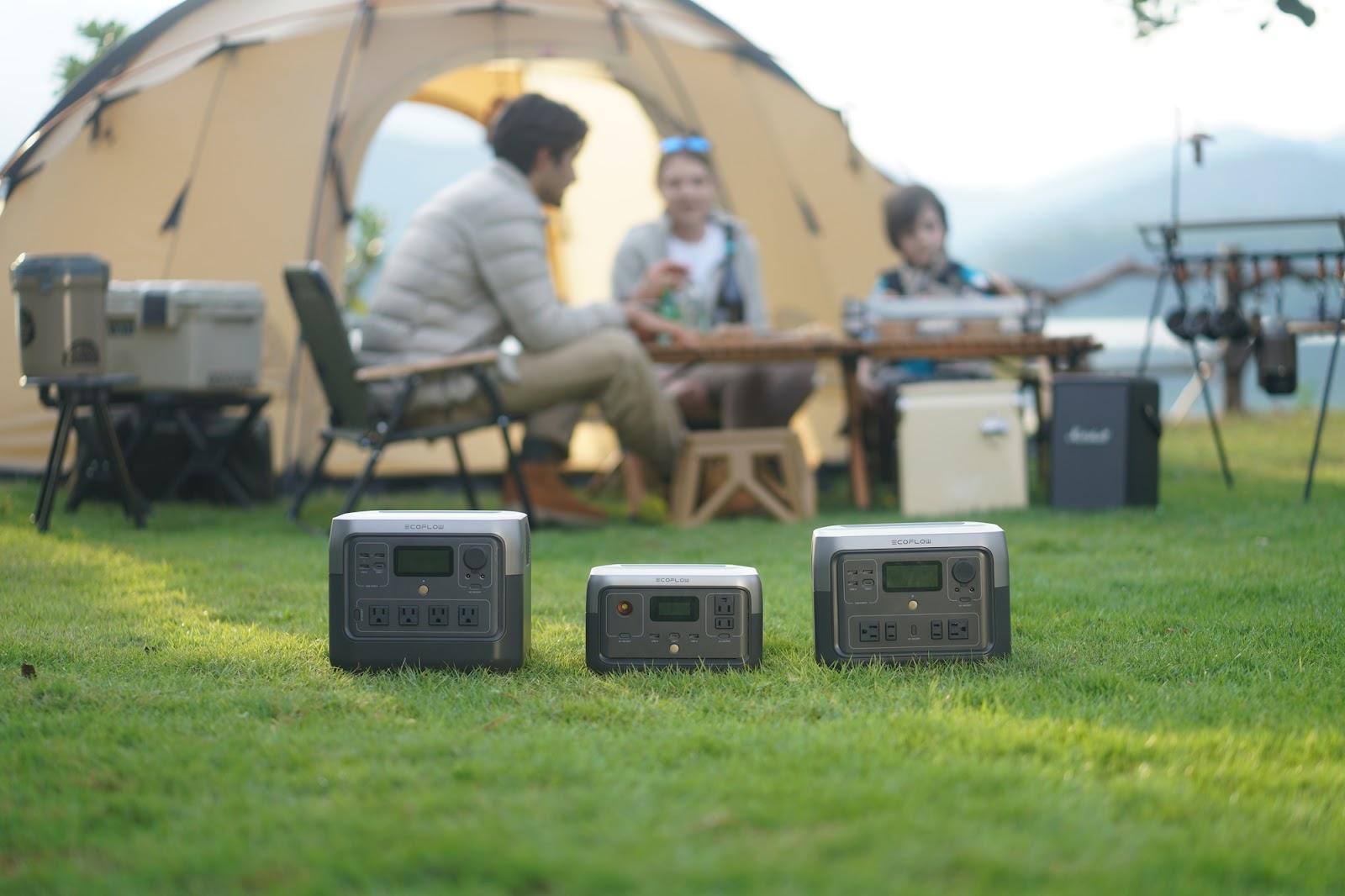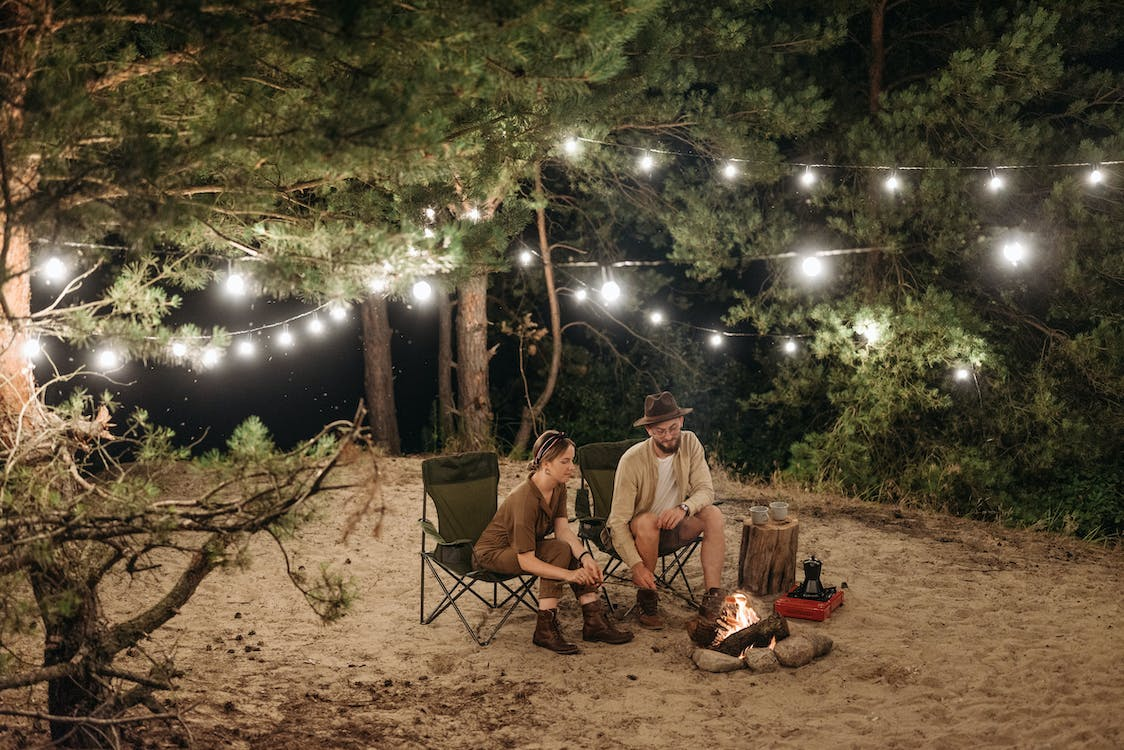What Watt Generator Do You Need for Campers? A Simple Guide to Choosing the Right Power
- What Does ‘Watt’ Mean When Choosing a Generator for Campers?
- How Many Watts Do Most Campers Really Need?
- What Watt Generator Is Best for Modern Camper Life?
- Can a 1000W Generator Handle Camping Essentials?
- What Happens If You Choose the Wrong Watt Generator?
- How to Estimate the Right Generator Wattage for Your Next Trip
- Tips to Get the Most Out of Your Generator Power
- Bonus: Where to Place and Use Your Generator Safely While Camping
- The Right Watt Generator Makes Camper Life Easier, Quieter, and Safer
- FAQs: Extra Answers for Curious Campers
When you arrive at your favorite campsite, prepare for a nice weekend of relaxation, and discover your coffee maker is unusable. Or, worse yet, your CPAP machine fails in the middle of the night. These are just a couple of examples of why the right generator matters. Whether camping in your vehicle or in an RV, your power system influences how comfortable, safe, and convenient your trip is. Choosing the correct watt generator for campers is the best way to avoid issues and frustration. We break it down step-by-step in this guide.
What Does ‘Watt’ Mean When Choosing a Generator for Campers?
When shopping for a generator, the word “watt” tells you how much power a device needs and how much energy the generator can supply. There are two key numbers: running watts and surge watts. Running watts are the constant level of power your gear uses during operation. Surge watts are the higher power required briefly to start certain devices.
For example, a mini fridge might need 100 running watts, but 300 surge watts to start. You’ll want a generator that can handle both.
Many campers misunderstand these numbers. Some assume the generator’s peak wattage is what it can always handle, which isn’t true. Others forget that devices like fans and fridges use much more power at startup. These small misjudgments can cause overloads, shutdowns, or worse, burned-out equipment. Understanding wattage helps you avoid all of that.
How Many Watts Do Most Campers Really Need?
The number depends on what you plan to bring. Here are what some common gear uses:
Device | Watt Range |
LED lights (2–5) | 5–50 W |
Phone or camera chargers | 10–30 W |
Laptop or tablet | 40–100 W |
Coffee maker | 600–1200 W |
Electric stove or griddle | 1000–1500 W |
Microwave (compact) | 800–1200 W |
Portable air conditioner | 1200–1800 W+ |
To make this more useful, let’s group campers by power needs:
Minimalist campers (under 800W): Just need lights, phone charging, maybe a fan.
Weekend campers (1000–1800W): Use laptops, coffee makers, and a small fridge.
RV users or full-timers (1800W+): Rely on microwaves, air conditioners, and multiple appliances at once.
If you fall in the second or third group, you’ll want a generator with 1500 to 2000 running watts and 3000 or more surge watts.
What Watt Generator Is Best for Modern Camper Life?
For campers who want flexibility and reliable power, a generator around 1800 running watts is ideal. This allows you to charge devices, run kitchen appliances, and power cooling units with confidence. A strong example is the EcoFlow DELTA 3 portable power station. It delivers 1800W of continuous power with 3600W peak support.
The DELTA 3 recharges in under an hour using AC, and it works with solar panels and car outlets too. It has a long-lasting battery, silent operation, and multiple output ports—perfect for camping where fuel is limited or noise is a concern. With built-in protections and advanced output management, it keeps your trip smooth without fussing over wires or gas cans.
If you’re three days deep into the forest, DELTA 3 powers your cooler, charges everyone’s phones, runs a projector for outdoor movie night, and still has power to spare. That’s what efficient, quiet energy feels like.
Can a 1000W Generator Handle Camping Essentials?
It might, but not for everyone. A 1000-watt unit can run lights, phone chargers, fans, and maybe a small laptop or cooler. If that’s all you need, you’re fine. But problems start when you try to add heat-generating devices like a kettle or a hairdryer. These appliances often exceed 1000 watts on their own.
Also, remember the difference between running and surge wattage. A microwave labeled 900W may surge to 1300W at startup. That spike can shut down or damage a smaller generator. If you’re uncertain, it’s safer to go bigger.
What Happens If You Choose the Wrong Watt Generator?
If your generator is too small, devices might not run or may shut down unexpectedly. That can mean spoiled food, no AC in hot weather, or a cold meal. It can also damage sensitive equipment if the voltage drops too low. On the other hand, an oversized generator adds bulk, cost, and sometimes noise you didn’t need.
The wrong wattage can also lead to poor fuel efficiency and higher wear. You’ll end up worrying more about your power supply than enjoying your trip. Picking the right size avoids these headaches.
How to Estimate the Right Generator Wattage for Your Next Trip
Here’s a quick method:
- List the devices you want to use.
- Find the wattage of each (often listed on the label).
- Add all the running watts together.
- Find the device with the highest surge watts.
- Add that surge to your total.
Examples:
- LED lights: 40W
- Phone charger: 20W
- Laptop: 60W
- Coffee maker: 1000W
- Microwave: 1200W (surge: 1500W)
Total: 1320 running watts + 1500W surge = Minimum 1800W generator recommended


Tips to Get the Most Out of Your Generator Power
Even with the right watt generator, smart habits make a big difference:
- Use LED bulbs instead of incandescent ones.
- Avoid running all high-power appliances at the same time.
- Charge phones and small devices during the day when demand is low.
- Keep vents and fans clean to reduce startup watt spikes.
- Unplug the gear when not in use, even standby mode uses power.
Managing your power wisely extends battery life, reduces noise, and keeps things running smoothly.
Bonus: Where to Place and Use Your Generator Safely While Camping
Generators should be placed on flat, dry ground at least 20 feet from your tent or RV. Always face exhaust away from people and flammable materials. Never run a generator in enclosed spaces or under tarps without airflow. Gas-based models need extra ventilation and protection from rain.
Battery generators like the DELTA 3 don’t emit fumes, so you get more freedom in placement. But ventilation still matters. Keep it cool, dry, and shaded when possible.
The Right Watt Generator Makes Camper Life Easier, Quieter, and Safer
Understanding how many watts your camper setup needs is a good way to protect your trip from avoidable problems. A balanced generator gives you just enough power without the weight or noise of larger units. For many campers, a model like the EcoFlow DELTA 3 hits the sweet spot.
With the right watt generator, your lights stay on, your coffee brews hot, and your nights stay cool. That means less worry, more rest, and more time enjoying the outdoors.


FAQs: Extra Answers for Curious Campers
Q1. Can I plug my RV directly into a portable generator?
Yes, you can, but you need to verify both the RV plug type and the output port of the generator. Most RVs require a 30-amp connection, so search for a generator with this as a dedicated outlet or adapter. Other generators might only have 20-amp household plugs, which are not suitable for full RV loads. Having the incorrect plug or connection can result in overheating or reduced performance.
Q2. How does elevation affect generator performance during camping trips?
At greater elevations, air is less dense, which lowers engine performance. Fuel generators lose as much as 3% of power for each 1,000 feet of altitude. This means a 1800W-rated generator at sea level will only provide 1600W at 6,000 feet. Battery generators such as the EcoFlow DELTA are not similarly impacted by elevation and are therefore a preferable choice for camping in the mountains.
Q3. Is it safe to leave a generator on all night when camping?
It varies by generator type and how it's being controlled. Fuel generators cannot be left unattended because of carbon monoxide hazards and fuel usage. Battery units with sufficient capacity can be left on safely overnight, particularly if they are powering low-draw devices such as fans or medical equipment. Make sure to monitor for overheating, airflow, and power draw maximums prior to overnight operation.
Q4. How do I know if my generator is safe for sensitive electronics such as laptops or CPAP machines?
Find generators that supply pure sine wave output. This power is clean and stable and is required by electronics that have processors or sensitive circuits. Inverter generators tend to have this feature. The EcoFlow DELTA 3, for instance, has regulated, pure sine wave output and various voltage options, which makes it safe for medical equipment and computers.
Q5. What if my generator is the correct wattage, but I plug too many items in at the same time?
Even if you have a generator that can handle everything, running too many devices simultaneously is still problematic. Always think about your peak power requirements at any given time, not necessarily how much you consume in a day. Running devices sequentially, such as brewing coffee first, followed by the microwave, prevents this situation. Most generators have overload alarms or will shut themselves off to save both themselves and your equipment.
For press requests or interview opportunities, reach out to our media team
media.na@ecoflow.com